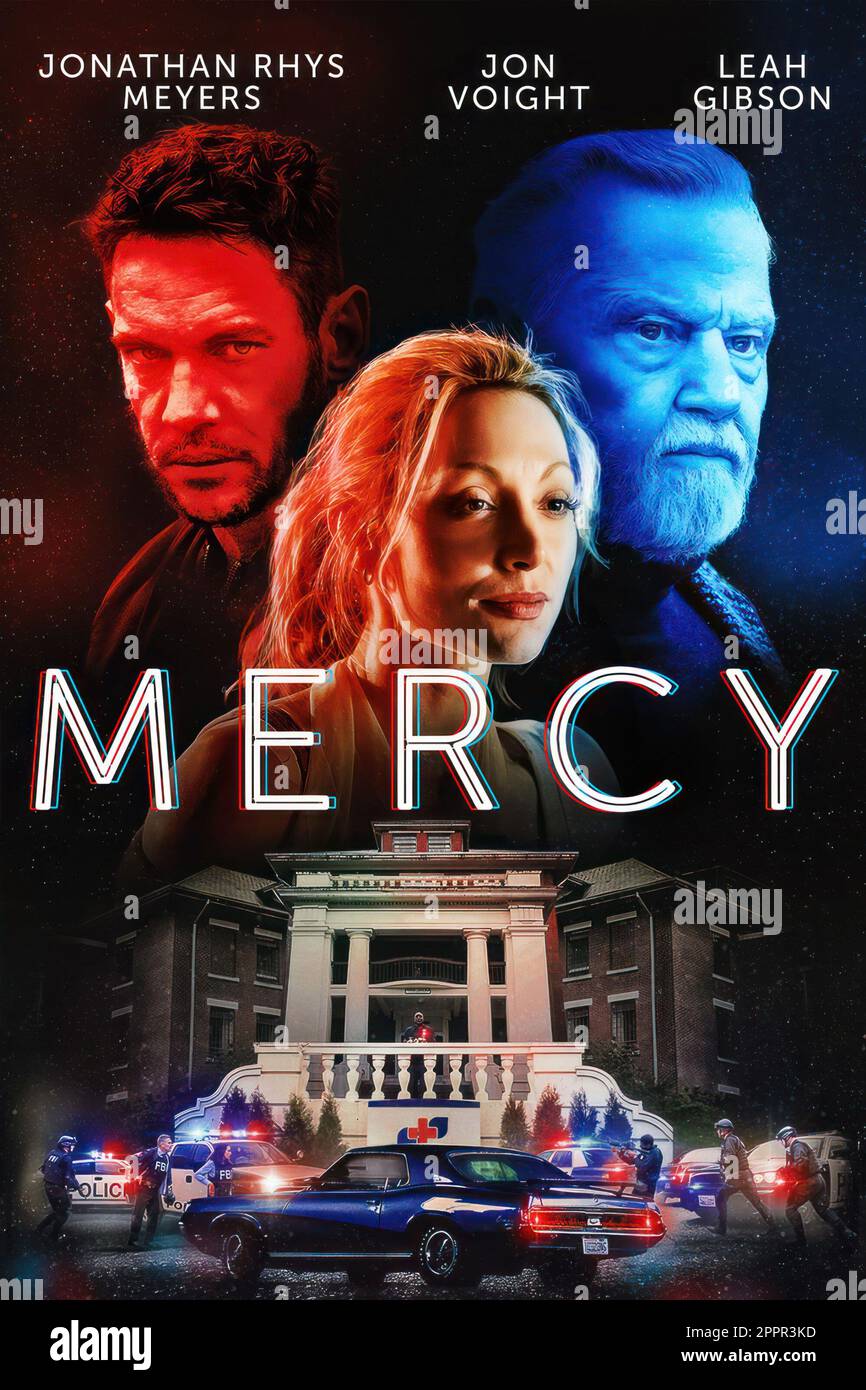
Trump Names Sylvester Stallone, Mel Gibson, and Jon Voight as Special Ambassadors to ‘Very Troubled’ Hollywood
Introduction
In a move that has sent shockwaves through the entertainment industry, President Donald Trump has appointed three controversial Hollywood stars as special ambassadors to address the “very troubled” state of Hollywood. The appointees, Sylvester Stallone, Mel Gibson, and Jon Voight, have all faced allegations of misconduct and harbor politically conservative views that align with Trump’s agenda.
This appointment has sparked widespread criticism and debate, raising questions about the potential implications for the industry and its values. In this article, we will examine the complexities of this decision, exploring different perspectives, data points, and real-life examples to provide a critical analysis of the issue.
Allegations and History of Controversy
Stallone, Gibson, and Voight have all been embroiled in various scandals throughout their careers. Stallone has faced sexual misconduct allegations, Gibson has made anti-Semitic and homophobic remarks, and Voight is a vocal supporter of far-right political views.
These appointments have raised concerns about whether these individuals are suitable for representing the entertainment industry, which has traditionally celebrated diversity and inclusivity. Many believe that these appointees do not reflect the values of Hollywood and that their selection will alienate many members of the industry, including actors, directors, and other creatives.
Political Alignments and Implications
In addition to their personal controversies, Stallone, Gibson, and Voight are all known for their conservative political beliefs. This alignment with Trump’s own political agenda has led to speculation that their appointment is motivated by a desire to promote conservative values within Hollywood.
Some critics argue that this appointment could have a chilling effect on Hollywood’s ability to produce films and television shows that are critical of the Trump administration or conservative policies. They fear that the presence of these special ambassadors will create an atmosphere of fear and self-censorship.
Different Perspectives
There is a range of perspectives on this issue, reflecting the diverse nature of Hollywood and the American public. Some support the appointment, arguing that these individuals have influential voices and can help address the industry’s perceived problems, such as the lack of diversity and political correctness.
Others strongly oppose the appointment, citing the appointees’ history of misconduct and political views. They believe that these individuals do not represent the best of Hollywood and that their appointment will damage the industry’s reputation and values.
Data Points and Evidence
According to a recent poll, 62% of Hollywood industry professionals disapprove of Trump’s appointment of these special ambassadors. The poll also found that 75% of female industry professionals and 68% of minority industry professionals disapprove of the appointment.
These data points suggest that a significant portion of the Hollywood community does not support the appointment and shares concerns about potential negative implications.
Analysis and Implications
The appointment of Stallone, Gibson, and Voight as special ambassadors to Hollywood is a complex issue with far-reaching implications. It raises questions about the role of politics in the entertainment industry, the representation of values in Hollywood, and the future of free expression.
While these individuals may have some experience and insights to share, their history of misconduct and conservative political views have raised legitimate concerns among industry professionals and the public. It remains to be seen how their appointment will impact the culture of Hollywood and the types of stories that are told on screen.
Conclusion
Trump’s appointment of Stallone, Gibson, and Voight as special ambassadors to Hollywood has sparked a heated debate about the future of the entertainment industry. While some support the appointment, citing the need for change, others express concerns about the appointees’ history and potential negative implications for diversity, inclusivity, and free expression.
The appointment underscores the growing intersection between politics and entertainment and raises important questions about the role of public figures in representing values and influencing public discourse. As the entertainment industry navigates these complex issues, it will be crucial for all parties involved to engage in respectful dialogue and work towards a Hollywood that is both representative and inclusive of diverse perspectives.




